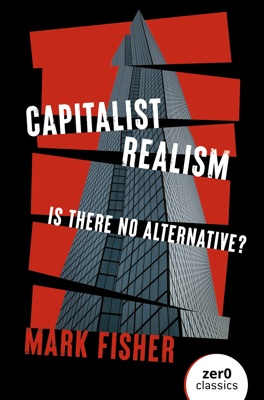Marxist Supernanny
Marxist Supernanny and the Collapse of Paternal Authority
The chapter discusses the decline of the paternal authority figure in modern society, exemplified through the TV show "Supernanny". In this show, problems within families typically stem not from children, but from parents who yield to their children's demands due to their own pursuit of pleasure, causing disruptive behavior. The show critiques the culture of permissive hedonism driven by postmodernity and hints at a need for a return to more structured, authoritative forms of guidance.
Shifts in Parenting and Societal Control
The increase in both parents working has shifted traditional family dynamics, reducing direct parental oversight and feeding into a system where children's demands lead to family turmoil. This situation demonstrates the broader societal shift away from old-fashioned paternalistic guidance toward more indulgent, less confrontational modes of parenting and societal management.
The Need for Structural Understanding and New Authority
A "Marist Supernanny" perspective would look beyond individual family troubles to address root causes in societal structures. This viewpoint suggests the necessity of overcoming immediate gratifications to impose limits and structure for greater long-term benefits.
Critiquing Emotional Guidance in Media
The media, particularly television, has shifted from a moral to an emotional guide, encouraging viewers to feel rather than think, dictating the emotional responses deemed appropriate in various contexts. This "guidance" avoids challenging viewers and promotes a homogenous, non-confrontational rhetorical space, where superficial emotional resolutions replace genuine ethical engagement.
Internet's Role in Ideological Echo Chambers
The chapter criticizes the internet for enhancing ideological segregation, where like-minded communities self-validate without encountering opposing viewpoints. This lack of confrontation in the digital public space contributes to cultural stagnation and mediocrity, despite the potential for the internet to serve as a platform for new discourse.
Capitalist Realism and its Alternatives
Despite the destabilizing effects of 2008's financial crisis, capitalist realism persisted, suggesting that while the form might evolve, the underlying capitalist structure remains robust and resistant to fundamental change. The crisis did, however, open theoretical space for rethinking and potentially redefining resistance against an all-too-adaptable capitalism.
Building a New Left and Political Identity
The chapter proposes the rejuvenation of the left not through traditional state-centralized power but through a radical rethinking of public space, collective management, and general will. This involves reshaping public institutions and culture to better align with communal needs rather than individual consumer desires.
The Necessity of Collective Management for Future Crises
Looking towards future social and environmental crises, a managed, collective approach to resource allocation is necessary. This would involve rethinking consumer culture and capitalist growth imperatives in favor of sustainability that addresses the collective good.
Emphasizing Mental Health and Environmental Issues
Finally, the chapter advocates for transforming widespread mental health issues from personal medical problems into public political platforms that challenge the systemic structures causing them. Similarly, environmental crises require a reevaluation of personal consumer responsibility in favor of addressing systemic capitalist contributions to ecological instability.
In conclusion, the chapter articulates a need for a new type of societal structure and political agency that can both address and harness the failures and potentials of late capitalism for a more equitable and stable future.
